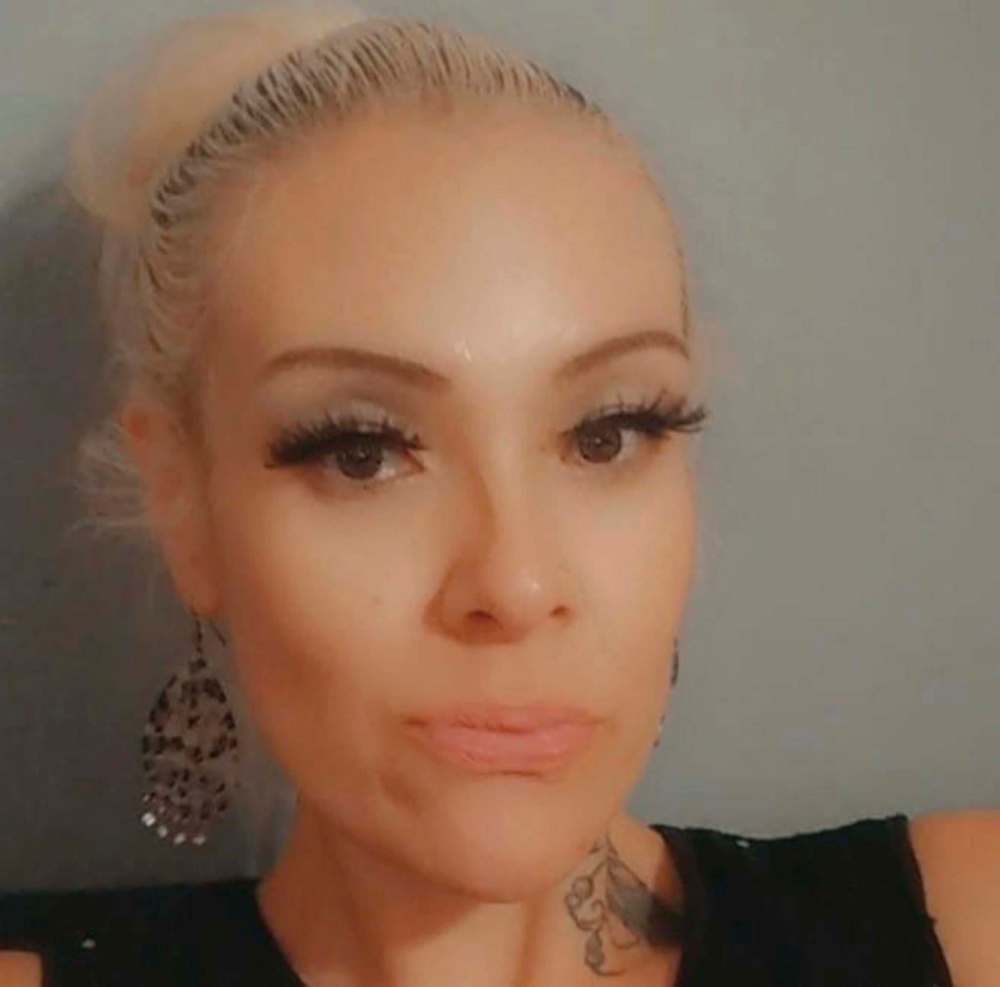St. Boniface hospital probes alleged racist incident in ER
Advertisement
Read this article for free:
or
Already have an account? Log in here »
To continue reading, please subscribe:
Monthly Digital Subscription
$0 for the first 4 weeks*
- Enjoy unlimited reading on winnipegfreepress.com
- Read the E-Edition, our digital replica newspaper
- Access News Break, our award-winning app
- Play interactive puzzles
*No charge for 4 weeks then price increases to the regular rate of $19.00 plus GST every four weeks. Offer available to new and qualified returning subscribers only. Cancel any time.
Monthly Digital Subscription
$4.75/week*
- Enjoy unlimited reading on winnipegfreepress.com
- Read the E-Edition, our digital replica newspaper
- Access News Break, our award-winning app
- Play interactive puzzles
*Billed as $19 plus GST every four weeks. Cancel any time.
To continue reading, please subscribe:
Add Free Press access to your Brandon Sun subscription for only an additional
$1 for the first 4 weeks*
*Your next subscription payment will increase by $1.00 and you will be charged $16.99 plus GST for four weeks. After four weeks, your payment will increase to $23.99 plus GST every four weeks.
Read unlimited articles for free today:
or
Already have an account? Log in here »
Hey there, time traveller!
This article was published 27/10/2021 (1505 days ago), so information in it may no longer be current.
A Métis woman says she was refused treatment at St. Boniface Hospital after staff accused her of taking photos in the emergency department waiting room.
Jacqueline Flett went to the ER to get a diabetic ulcer on her foot checked out around 9 p.m. on Oct. 21. Flett, who has Type 1 diabetes, suspected the ulcer had become infected and she had extreme blood sugar levels.
Flett said on arrival, she was told to take a seat. She waited for staff to take her information and begin the triage process. After two hours, as she watched two other patients triaged on arrival, Flett said no one had paid her any attention.

“I was sitting there for two hours without pain medication, without being asked my name, what the emergency situation was at hand,” Flett said.
She asked the nursing staff why they had not taken her information and was told they were not aware she was waiting. She was triaged and told she’d be advanced in the queue.
Flett said she questioned the nurses about whether her Indigenous heritage could have been reason for the delay.
“I made a comment about is this is going to be a repeat of Brian Sinclair,” Flett said. “I said I don’t need to be treated less than. I came here for adequate care, and you need to give me medical care.”
Sinclair, an Indigenous man who was a double-amputee, died in the Health Sciences Centre ER in 2008 after waiting 34 hours to be treated for a bladder infection caused by a blocked catheter.
Flett said she returned to her seat and began to take notes on her phone about her experience in the waiting room. She tried to call the Winnipeg Regional Health Authority’s patient relations office.
Security staff told her she could not be on her phone or take photos in the waiting room, she said.
Flett insisted she hadn’t taken any photos, and at the request of security, showed the officer her photo roll and social media. At 11:30 p.m. she was told by security to leave hospital property.
“They said that you need to leave and escorted me out, very embarrassingly, and I wasn’t even allowed to call a cab on the premises,” Flett said.
She claims the health care staff directed security to remove her from the hospital.

The following day, Flett said she went to Seven Oaks General Hospital where she received timely, dignified care.
“By then, my foot ulcer infection had spread up my leg,” Flett said, adding she now has a bone infection which is being treated. “It could have been prevented if they would have treated me adequately and with dignity at St. Boniface Hospital.”
In a statement, interim president and CEO of St. Boniface Hospital Nicole Aminot said the hospital is investigating “to ensure we understand exactly what happened and to identify any issues that need to be addressed.”
“The events as described are troubling, and do not align with the values of St Boniface Hospital, nor would the events as described meet our hospital’s quality-of-care standards,” Aminot said. “We will certainly work with this individual through our patient relations office to better understand what occurred and attempt to rectify any outstanding concerns.”
Flett said hospital administration needs to take a serious look at her experience and ensure staff have the appropriate skills to provide a safe environment for patients.
“How many people didn’t have the words to articulate or were silenced and gone without treatment and stigmatized against? I don’t want anybody Indigenous or non-Indigenous to go through that,” Flett said. “No one who has to seek medical treatment should be denied that way.”
danielle.dasilva@freepress.mb.ca

Our newsroom depends on a growing audience of readers to power our journalism. If you are not a paid reader, please consider becoming a subscriber.
Our newsroom depends on its audience of readers to power our journalism. Thank you for your support.


